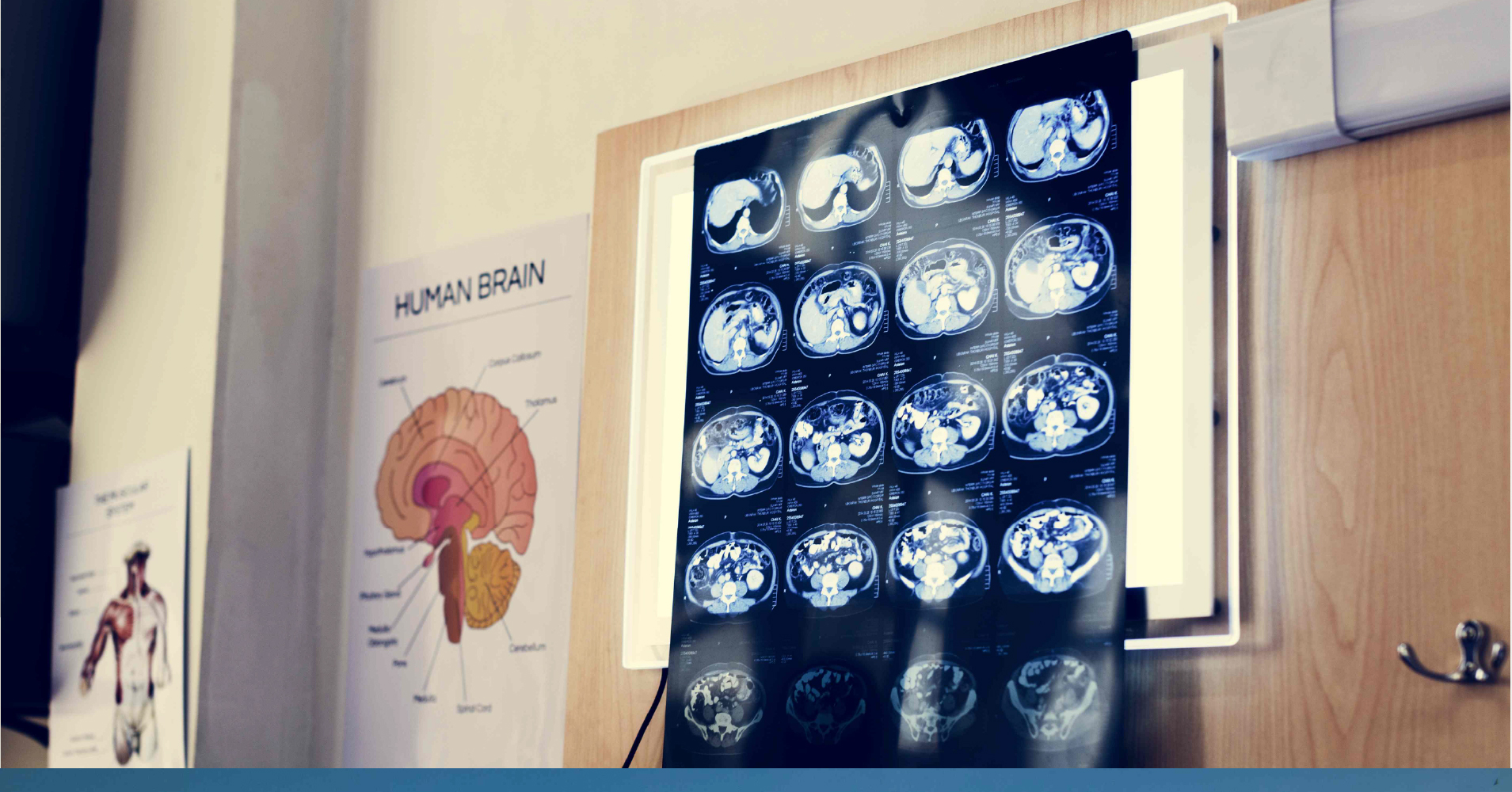
Artificial Intelligence (AI) has revolutionized numerous fields, with healthcare standing out due to significant advancements in diagnostic accuracy and patient care. Radiology, in particular, has experienced a transformative shift with the integration of AI technologies. These innovations not only enhance diagnostic precision but also streamline workflows, thus improving both patient outcomes and the efficiency of healthcare services.
Enhancing Diagnostic Accuracy
One of the most notable benefits of AI in radiology is its ability to improve the accuracy of diagnoses. AI algorithms are designed to analyze medical images at speeds and with a level of detail that surpass human capabilities. These algorithms can detect subtle patterns and anomalies in images such as X-rays, CT scans, and MRIs that might be overlooked by human eyes. For instance, AI systems have been instrumental in the early detection of conditions such as cancer, where early diagnosis can significantly affect the outcome for patients.
Moreover, AI assists in reducing human error and standardizing diagnostic practices across different healthcare facilities. This standardization is crucial for ensuring that patients receive consistent and reliable diagnoses regardless of where they are treated.
Streamlining Workflow Efficiency
AI technologies also contribute to the efficiency of radiological practices by automating routine and time-consuming tasks. For example, AI can prioritize urgent cases in real-time, ensuring that critical conditions are attended to promptly. This prioritization helps radiologists focus on cases that require immediate attention, thus optimizing the allocation of time and resources.
Additionally, AI-powered tools can manage large volumes of data from various sources, organizing and storing it in easily accessible formats. This capability not only speeds up the diagnostic process but also facilitates a more comprehensive analysis by integrating different types of medical data.
Reducing Radiation Exposure
AI’s ability to optimize imaging processes also plays a crucial role in reducing the amount of radiation to which patients are exposed during scans. AI algorithms can adjust the parameters of imaging devices to use the lowest possible dose of radiation while still achieving high-quality images. This reduction in exposure is particularly important in reducing the long-term risks associated with radiation.
Personalized Patient Care
The integration of AI in radiology extends beyond diagnostics to include personalized patient care. AI systems can help in developing customized treatment plans by analyzing a patient’s unique imaging data alongside their medical history. This personalized approach ensures that treatments are not only effective but also tailored to the specific needs and conditions of individual patients.
Challenges and Ethical Considerations
Despite its many benefits, the adoption of AI in radiology comes with challenges and ethical considerations. One major concern is the potential for AI to replace human jobs. However, most experts agree that AI is more likely to augment human capabilities rather than replace them, serving as a tool that enhances the skills of radiologists rather than rendering them obsolete.
There are also concerns regarding privacy and data security, as AI systems require access to vast amounts of personal medical data. Ensuring the security of this data and maintaining patient confidentiality are paramount as healthcare providers continue to implement more AI solutions.
The Future of AI in Radiology
As AI technology continues to evolve, its impact on radiology is expected to grow even more significant. Future advancements are likely to lead to even greater accuracy in diagnostics, more personalized patient care, and further efficiency in healthcare workflows. Continued collaboration between AI developers, radiologists, and other healthcare professionals is essential to address the challenges and fully realize the potential benefits of AI in radiology.
The integration of AI into radiology represents a major leap forward for modern healthcare. By enhancing diagnostic accuracy, streamlining operations, and enabling personalized care, AI not only improves the efficiency of healthcare services but also contributes to better patient outcomes. As this technology progresses, it promises to usher in a new era of innovation in medical imaging and diagnostics.